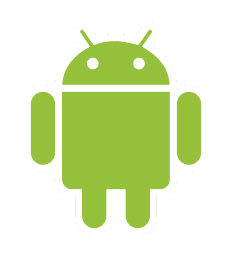
One of the most popular (and addictive) group of applications making the rounds on Android handsets these days are Barcode Scanners. Barcodes traditionally contain a very minimal set of information, namely just a product SKU that can be used to (somewhat-) uniquely identify items at the store or lying around your home. QR Codes are an extension to barcodes that have been updated for the 21st century: they’re specifically designed to be easily ready by the low-resolution cameras on mobile devices, quickly and accurately. SPARQCode itself is yet another layer of extension to the QR Code. It provides more functionality and adds support for extra usages.
A quick Google search for SPARQCode viewers for the BlackBerry fails to retrieve any interesting results. A similar search on AppWorld also shows no such luck – if you were to believe what you see, BlackBerry doesn’t (yet) have a usable SPARQCode viewer!
But that’s not true. It’s there, though the RIM Geeks over in Canada – in their infinite wisdom – put away that functionality in such an impossibly-illogical location. But it’s there.

 If you were to believe the latest headlines at Business Insider, Android is a fragmented mobile platform and has a negative effect on the applications, for developers and end-users alike. Android is currently in a heated battle with the other two big names in mobile technology (the iPhone and the BlackBerry being the other two), and this is a serious matter definitely worthy of discussion.
If you were to believe the latest headlines at Business Insider, Android is a fragmented mobile platform and has a negative effect on the applications, for developers and end-users alike. Android is currently in a heated battle with the other two big names in mobile technology (the iPhone and the BlackBerry being the other two), and this is a serious matter definitely worthy of discussion.